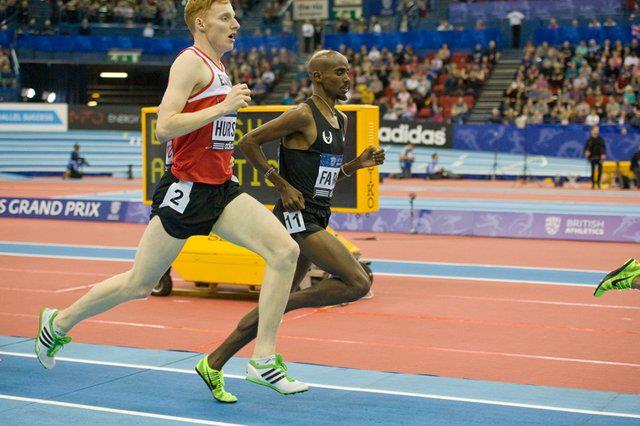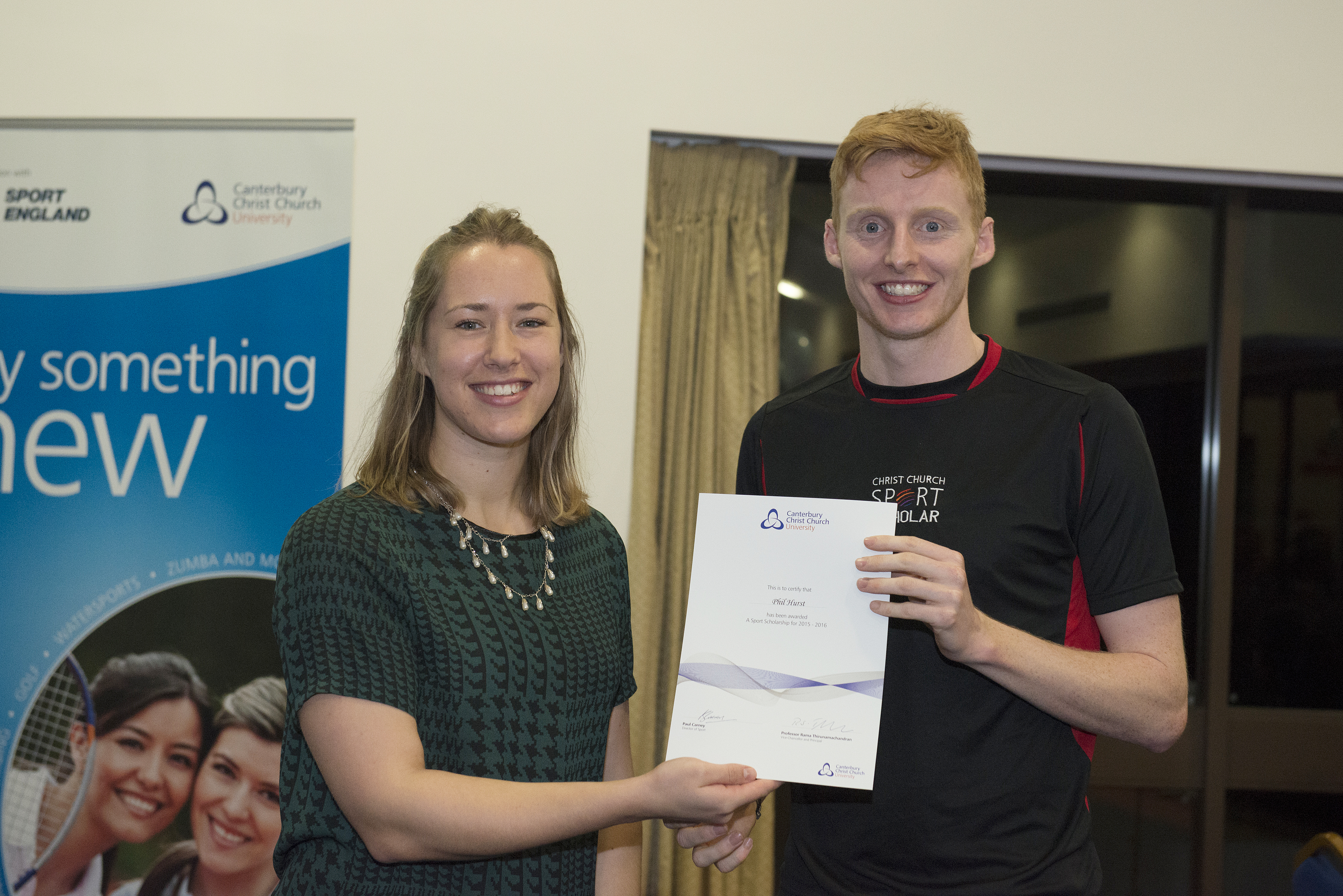by Phil Hurst, Christ Church Sport Scholar – Athletics
 One year ago this month I was competing for Great Britain at the European Championships and running in a world record race led from the front by non-other than double Olympic Champion Mo Farah. Fast forward one year, and I ran 15 minutes pain free. Achievements come in all shapes and sizes, and I was probably more elated for running pain free than I was when I was performing against some of the best athletes in the world. In short, the past eight months have been pretty tough and I have hardly been able to string 4 weeks’ worth of training together without becoming injured or coming down with a cold. However, I am still optimistic about what the future holds and I am in the gym more so than when I was running injury free. There is always a silver lining to any situation and the injuries have just allowed me to work on every little weakness or imbalance my body may have. I plan on coming back with a bang!
One year ago this month I was competing for Great Britain at the European Championships and running in a world record race led from the front by non-other than double Olympic Champion Mo Farah. Fast forward one year, and I ran 15 minutes pain free. Achievements come in all shapes and sizes, and I was probably more elated for running pain free than I was when I was performing against some of the best athletes in the world. In short, the past eight months have been pretty tough and I have hardly been able to string 4 weeks’ worth of training together without becoming injured or coming down with a cold. However, I am still optimistic about what the future holds and I am in the gym more so than when I was running injury free. There is always a silver lining to any situation and the injuries have just allowed me to work on every little weakness or imbalance my body may have. I plan on coming back with a bang!
 So what has happened? How can I go from being one of the best athletes in Europe to becoming consistently injured? Well, without having the time to train as much as I would like to, I have had a lot of extra time to reflect on what went wrong. I have come to the conclusion that the injuries are probably the result of a confliction between the amount of time I can actually afford to give to my training and the amount of time I give to what is essentially my job. I am in the fortunate position to be a doctoral candidate at Canterbury Christ Church University, where I also teach part time. Although I am extremely grateful and love the job I am being paid to do, it is unfortunately not an environment that is truly beneficial for being an athlete. Any athlete would know that to be the best you can be in any given discipline, time and effort must go into the training and more importantly the recovery. When at my peak, my day would typically consist of a 4 mile run in the morning, followed by 9 hours at university, either teaching, planning, collecting data for my PhD (or a combination of all!), and then running another 6 miles in the evening. This is not to mention having to keep a girlfriend happy and seeing the family in Newcastle 300 miles away within the week as well. It is only now that I write this that I understand what my day actually consisted of – and there is a bloody lot in there! All in all, a recipe for disaster.
So what has happened? How can I go from being one of the best athletes in Europe to becoming consistently injured? Well, without having the time to train as much as I would like to, I have had a lot of extra time to reflect on what went wrong. I have come to the conclusion that the injuries are probably the result of a confliction between the amount of time I can actually afford to give to my training and the amount of time I give to what is essentially my job. I am in the fortunate position to be a doctoral candidate at Canterbury Christ Church University, where I also teach part time. Although I am extremely grateful and love the job I am being paid to do, it is unfortunately not an environment that is truly beneficial for being an athlete. Any athlete would know that to be the best you can be in any given discipline, time and effort must go into the training and more importantly the recovery. When at my peak, my day would typically consist of a 4 mile run in the morning, followed by 9 hours at university, either teaching, planning, collecting data for my PhD (or a combination of all!), and then running another 6 miles in the evening. This is not to mention having to keep a girlfriend happy and seeing the family in Newcastle 300 miles away within the week as well. It is only now that I write this that I understand what my day actually consisted of – and there is a bloody lot in there! All in all, a recipe for disaster.

For me my biggest goal right now is to ensure the injuries are not going to come back. Again, I have been very fortunate to receive the support from the sport scholarship scheme at Canterbury Christ Church University, and they have been able to fund my weekly physio visits, which have been paramount in getting me back running. In addition, I have had to find the right balance between my PhD/teaching and my running commitments. I couldn’t fully grasp this until a few months ago and found it really difficult to find the right balance. I always believed I could do everything and anything and still reap maximum benefits. However, I realise now it is not quite as easy as that. So instead when my teaching and PhD are intense, I just have to back off. Intensity in training is reduced and the mileage is cut. Although the time I give to my running is not as much as I would ideally prefer, I know that if I am patient and able to balance workloads with training loads then I should be able to achieve the high goals I consistently set myself. This approach I believe will set me back on track to represent Great Britain and perform on the biggest stage against the best athletes in the world.
 Christ Church Sport
Christ Church Sport James Cook
James Cook 348
348

